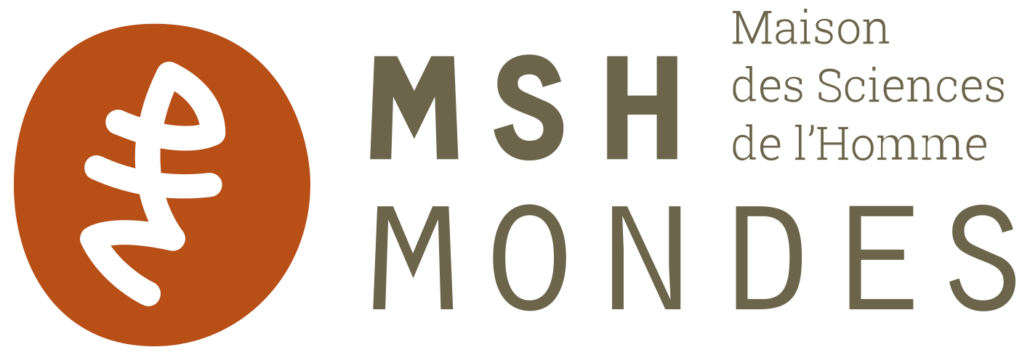| Current library | Call number | Status | Notes | Date due | Barcode |
|---|---|---|---|---|---|
| Lyon : MOM - Bibliothèque de la Maison de l'Orient et de la Méditerranée Libre accès | BAB BS680.C69. C48 2014 (Browse shelf(Opens below)) | Available | 125772 | ||
| Nanterre : MSH Mondes - Bibliothèque d’archéologie et des sciences de l’Antiquité | F.330/370 CHAM (Browse shelf(Opens below)) | Available | Don THEMAM | BMRG31427 |
Browsing Lyon : MOM - Bibliothèque de la Maison de l'Orient et de la Méditerranée shelves, Shelving location: Libre accès Close shelf browser (Hides shelf browser)
Bibliogr. p. 199-223. Notes bibliogr. Index
Table des matières https://external.dandelon.com/download/attachments/dandelon/ids/DE004C767CB946D334934C1257DEA00333ACE.pdf
Explaining the Cosmos analyzes the writings of three thinkers associated with Gaza: Aeneas, Zacharias and Procopius. Together, they offer a case study for the appropriation, adaptation, and transformation of classical philosophy in late antiquity, and for cultural transitions more generally in Gaza. Aeneas claimed that the "Academy and Lyceum" had been transferred to Gaza. This book asks what the cultural and intellectual characteristics of the Gazan "Academies" were, and how members of the schools mixed with local cultures of Christians, philosophers, rhetoricians and monks from the local monasteries. Aeneas, Zacharias and Procopius each contributed to debates about the creation and eternity of the world, which ran from the Neoplatonist Proclus into the sixth-century disputes between Philoponus, Simplicius and Cosmas Indicopleustes. The Gazan contribution is significant in its own right, highlighting distinctive aspects of late-antique Christianity, and it throws the later philosophical debates into sharper relief. Focusing on the creation debates also allows for exploration of the local cultures that constituted Gazan society in the late-fifth and early-sixth centuries. Explaining the Cosmos further explores cultural dynamics in the Gazan schools and monasteries and the wider cultural history of the city. The Gazans adapt and transform aspects of Classical and Neoplatonic culture while rejecting Neoplatonic religious claims. The study also analyses the Gazans' intellectual contributions in the context of Neoplatonism and early Christianity. The Gaza which emerges from this study is a set of cultures in transition, mutually constituting and transforming each other through a fugal pattern of exchange, adaptation, conflict and collaboration.
(Source : éditeur)








There are no comments on this title.